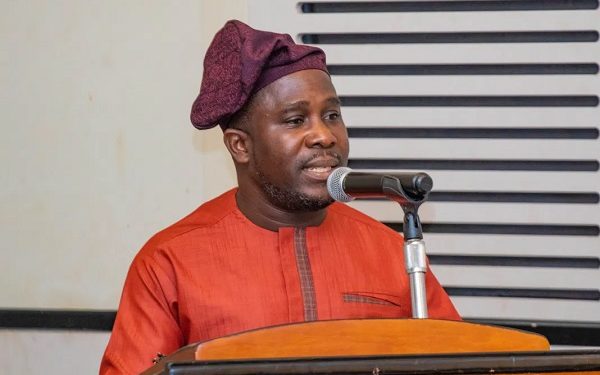The Institute for Energy Security (IES) has raised alarm over an impending power crisis, warning that Ghana may soon experience widespread blackouts, known as “dumsor,” unless urgent measures are taken by the newly inaugurated government under President John Dramani Mahama.
The warning comes in the wake of concerns voiced by John Abdulai Jinapor, Member of Parliament for Yapei Kusawgu, who highlighted a critical shortage of fuel in the country as the primary cause of the looming crisis. Speaking after Mahama’s swearing-in ceremony in Accra on January 7, 2025, Jinapor disclosed that Ghana’s fuel reserves are alarmingly low, with only five hours of fuel remaining.
Jinapor criticized the previous administration for failing to secure adequate fuel supplies, leaving the incoming government in a precarious position as it attempts to stabilize the power sector.
Nana Amoasi VII, Executive Director of the IES, underscored the vulnerability of Ghana’s power sector, attributing the current situation to systemic inefficiencies and poor planning over the years. He stressed that the country’s over-reliance on natural gas, coupled with an insufficient stock of backup liquid fuel, has left Ghana exposed to the risk of power outages.
“Being observers of the sector, we knew this day would come. Ghana’s power sector has been fragile for some time due to deep-rooted inefficiencies and poor planning,” Nana Amoasi VII said. “We knew that at some point, we would be at risk if we didn’t have enough liquid fuel in stock to support our energy needs.”
He pointed out that while most of Ghana’s power plants, except for hydro and solar facilities, can run on liquid fuel, the country’s lack of adequate reserves of this fuel could cause significant disruptions to electricity supply.
“There was no procurement or fuel lifting arrangements in place during the transition period, which leaves us exposed. We had hoped that measures would be taken to ensure a continuous supply, but our checks show that we are dangerously low on fuel,” Nana Amoasi VII explained.
The IES has urged the Mahama administration to take swift action to address the crisis before it escalates, calling for immediate procurement and fuel replenishment to prevent a total collapse of the power system.
“We are calling on the current leadership to act quickly. If no immediate action is taken, we risk facing power shortages that could last for an extended period,” Nana Amoasi VII warned.
With Ghana’s power sector under threat, the IES and other energy stakeholders are pushing for decisive reforms to ensure the country can avoid further energy disruptions and safeguard the well-being of its citizens.


